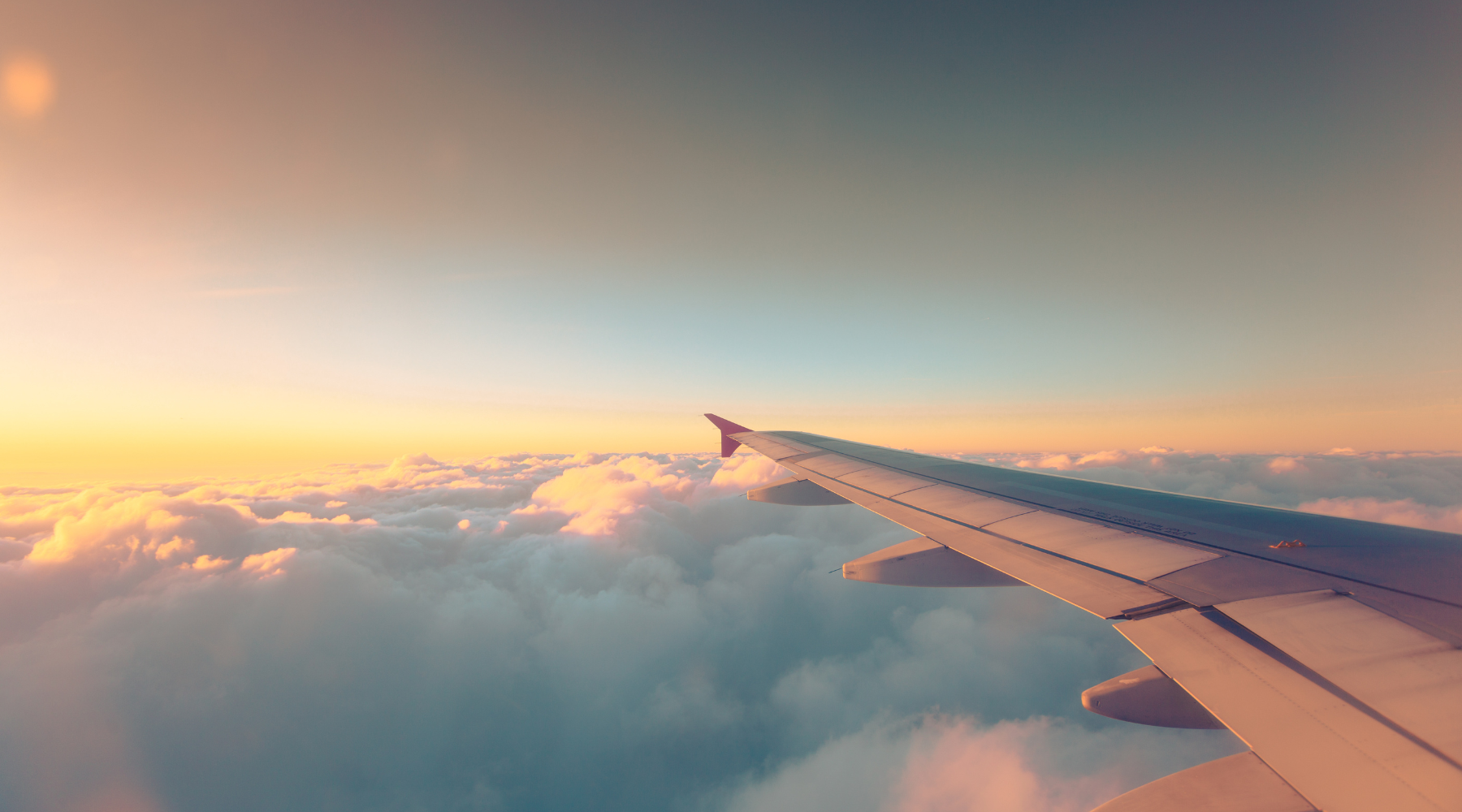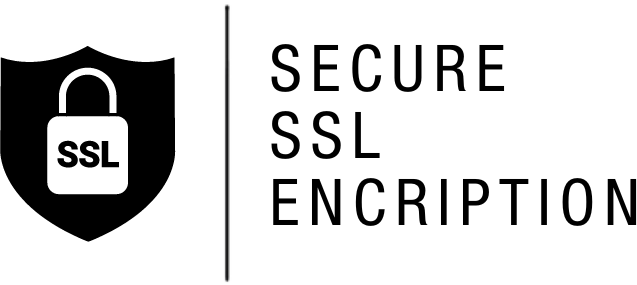Your guide to better sleep when traveling for business
With businesses back up and running and international travel seemingly more in demand than ever, you may be returning to a busy travel schedule! If you're a business traveler looking for ways to improve sleep and counter jet lag when on the road, without taking artificial melatonin, you've come to the right place.
While many people love the excitement of a work trip, it can mess with your already hectic schedule, impacting your performance, so getting a good night's sleep is more vital than ever. Read on for our top business travel hacks to sleep naturally and increase deep sleep.

Sleep improvement when traveling for business
Why is a getting better deep sleep so important? It affects nearly everything! Good sleep gives your body the rejuvenation it needs, from your cardiovascular to immune systems. While a bad night of sleep deprivation can affect your mood, and your emotions, it can even prevent you from absorbing new information - not ideal when you're on an all-important business trip!
Whether you take nutrient-rich sleep supplements, are searching for an alternative to melatonin, or want some tried and tested methods to sleep better while traveling, deep sleep should be on the top of your priority list.
The body's circadian rhythm acts as a natural sleep aid
Vital to getting good sleep is your circadian rhythm. This is your body's natural 24-hour day and night cycle, but it's linked to your home time zone. Traveling to a new destination, especially across three or more time zones, causes misalignment and leads to that pesky condition we've all heard of - jetlag. We've all experienced jetlag before and noticed the impact for days afterward - daytime sleepiness, and increased irritability. It even impacts your physical and mental performance, meaning you won't perform optimally.
So how can you avoid this? Well, we're here to help. Below are some science-backed recommendations to sleep well, get jet lag help and get your circadian rhythm back on track.
Help for sleep when traveling

Travel Comfortably
Travelling causes bad sleep for several reasons, not least due to the increased anxiety in the run-up to the trip, and uncomfortable conditions on the plane. Trying to create a comfortable environment can be difficult, but there are some things you can try to make it as easy on yourself as possible without the need for over-the-counter sleep aids or melatonin.
You'll want to perform at your best if you're traveling for business. Try removing your shoes to improve circulation, and wearing a pair of travel socks to prevent swelling. Reclining in your seat and using a neck pillow can definitely make things more comfortable, and you could consider getting some noise-canceling headphones to drown out the distracting sounds of the plane - treat yourself, use that company credit card (if you're allowed!).
Stay hydrated
While the free drinks on board may be incredibly tempting, alcohol is not a travel sleep aid and can disrupt your stages of sleep. Coffee is simply a stimulant that will keep you awake! Combine that with the recycled cabin air, and you'll slowly end up dehydrated and need to frequent the bathroom more often. Avoiding these things will be a natural sleep remedy, so focus on drinking water and staying happy and hydrated throughout the flight.
Be prepared
Traveling in general can be stressful, but traveling for business is even more so - make it easier on yourself by packing in advance, planning your itinerary for your trip away, and not leaving anything to the last minute. Remember to pack your sleep supplements, but aim for ones that support natural sleep, rather than anything mimicking the brain's behavior.
Try making time for some mindfulness or meditative exercises, even on the plane!
Post-flight
Regular exercise while traveling is great for your sleep cycle, mind and body, boosting your endorphins, and tiring you out. It may not be what you feel like doing with symptoms of jet lag, but it will help the side effects of no sleep and help you fall asleep again.
Try to get your circadian rhythm (your natural day/night cycle) in sync with your new destination by focusing on exposing yourself to natural light during your waking hours without sunglasses on, and avoiding bright light when it's dark. When you get to your hotel room and wifi, switch off! Put your laptop aside, and get the rest you need in line with your new temporary home.
DELTA by BrainLuxury
If you've tried all of the above, but you want to ensure you can get some deep, natural sleep, then we'd recommend trying DELTA. This isn't a sleeping agent or over-the-counter sleep aid like melatonin.
Named after delta brain waves, the slowest of the sleep brain waves, it's made with brain-fuelling ingredients that support your natural melatonin and serotonin production, providing your brain with the essential oils and fatty acids vital for safe, natural sleep. An alternative to artificial melatonin, DELTA is a deep sleep supplement that gives your brain the foundations it needs to get to work, focusing on deep sleep. It's a business travel sleep hack for sure!
Lemon-flavoured, coming in a small compact bottle (that you can take on a plane and is TSA approved), simply take 15-20 minutes before you go to sleep and wake up feeling refreshed and recharged. When life on the road throws your body a circadian curve ball, DELTA helps support your natural deep sleep, so you're ready for anything that your work-travel-life throws at you!
----------------------
We hope this has helped you on your quest for good sleep. If you have any questions about our products, feel free to reach out to our team.





